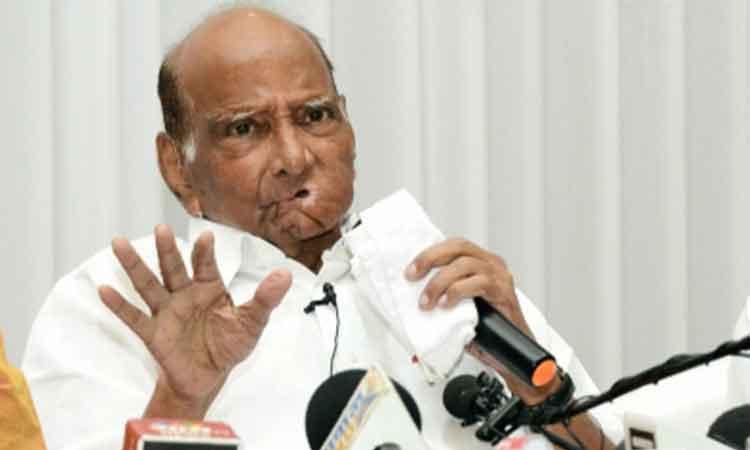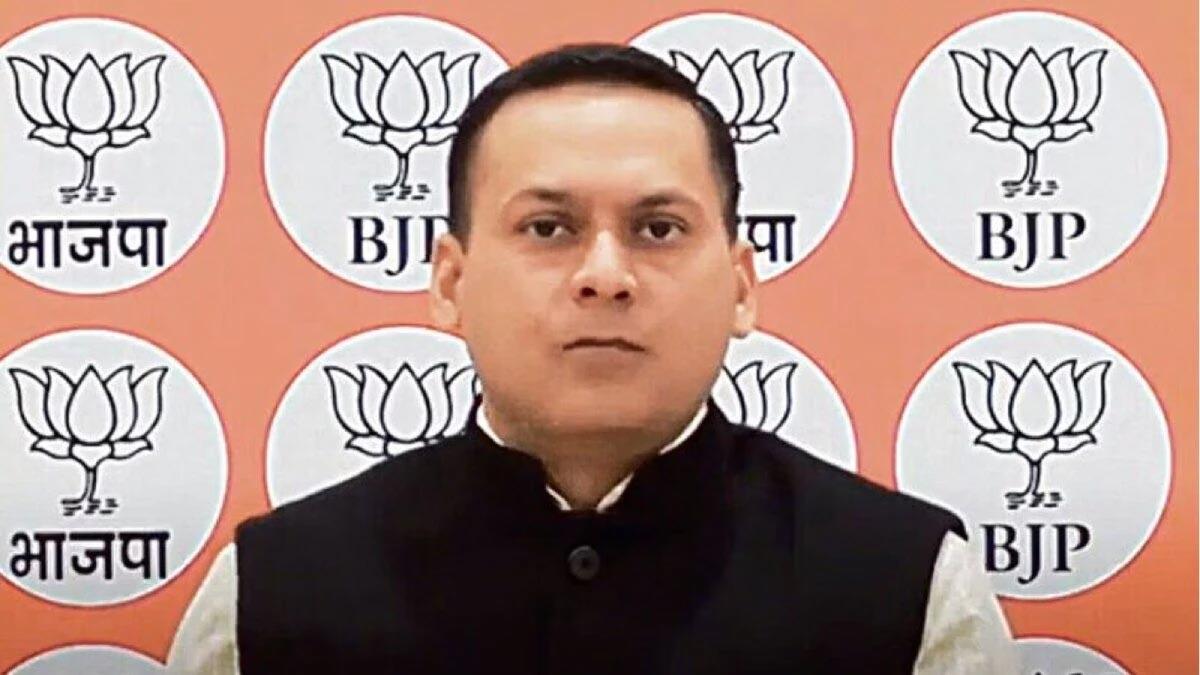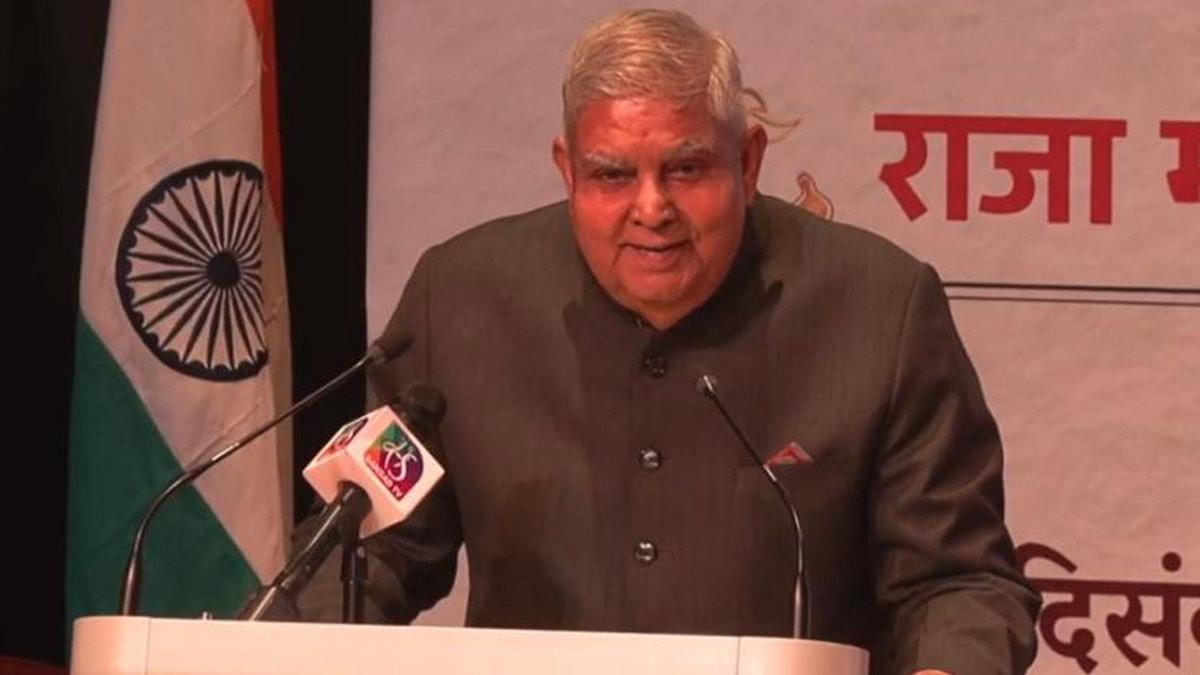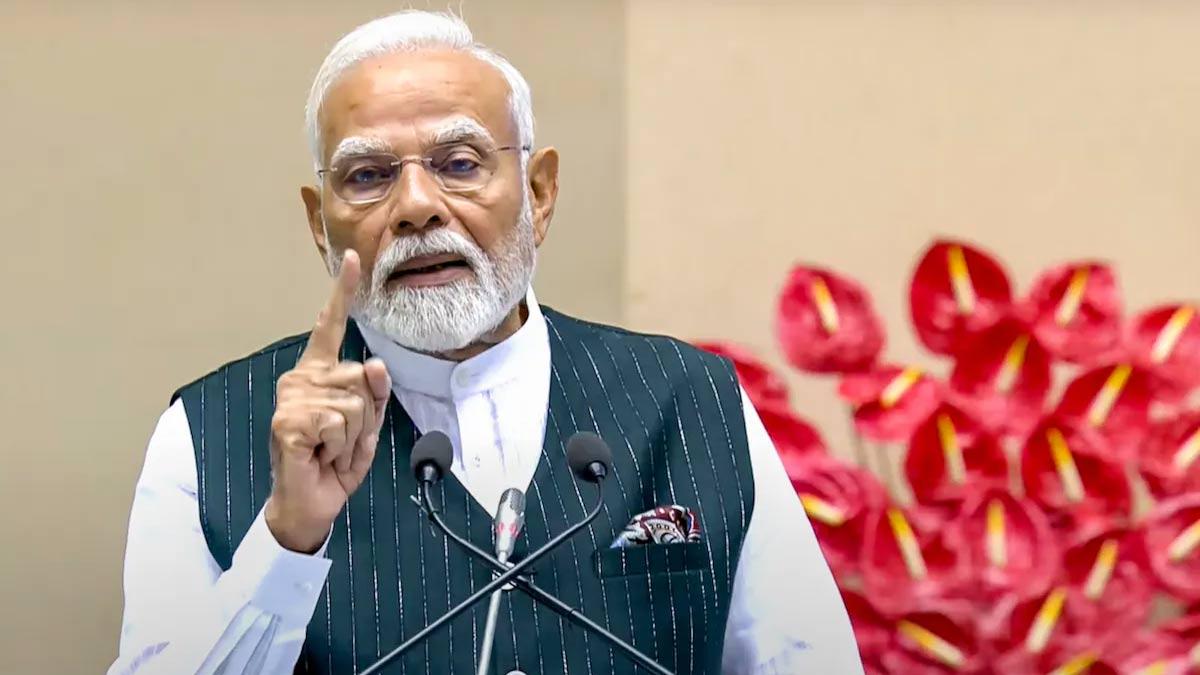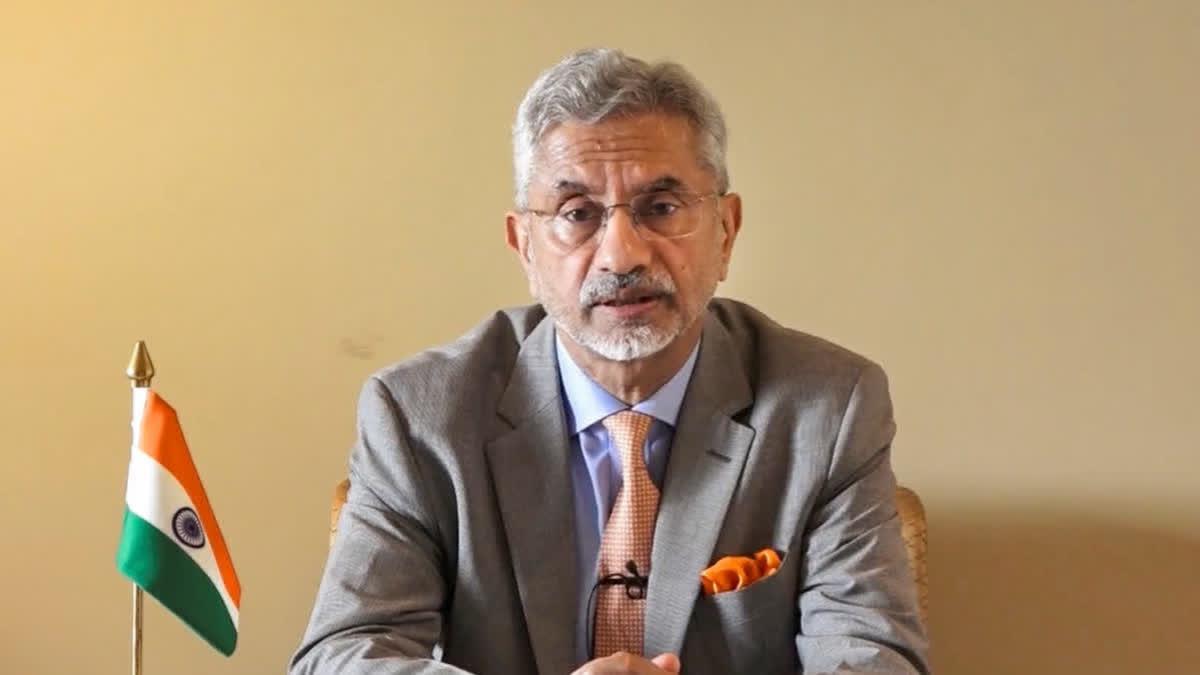A day after his sensational remarks expressing doubts over a Joint Parliamentary Committee (JPC) probe into the Hindenburg Research report against the Adani Group, Nationalist Congress Party (NCP) President Sharad Pawar on Saturday claimed that he was in favour of a Supreme Court-monitored investigation.
The senior leader also frowned at the manner in which the names of industrialists like Ambani-Adani were being tossed around to target the BJP government at the Centre instead of bigger issues like inflation, unemployment and farmers.
Clarifying his stance after the ruckus following his comments to a TV channel on Friday, Pawar said he was not opposed to the JPC probe, but if the Committee comprises 21 members, then 15 would be from the ruling side and the remaining six from the Opposition side.
In view of the imbalance, coupled with the government's majority in both Houses of Parliament, the NCP supremo opined that the JPC report would only "endorse the government's stand on the Adani issue".
Also Read| Anil Antony gone, who's next in line?
"I feel that instead of a JPC, a Supreme Court-appointed commission is more reliable and independent," said Pawar, adding that he had no knowledge of the Rs 20,000-crore raised by Congress leader Rahul Gandhi.
He also attempted to delink the question of a united Opposition front vis-a-vis the demand for a JPC and said the two are not connected though his utterances sent shockwaves among the Opposition circles.
"I don't think the demand for JPC has anything to do with Opposition unity. We have also made the same plea but it would be commanded by the ruling party, so I spoke about a SC-named panel," declared Pawar.
Shiv Sena (UBT) MP Sanjay Raut said in Mumbai that "there's nothing new in what Pawar has said", and his statement would have no impact on the Maha Vikas Aghadi alliance in the state as speculated in some sections of the media.
The Congress has yet to respond in the matter after Pawar's interview to a news channel questioning the demand for a JPC probe, the credence to be given to a report by a foreign institution.

